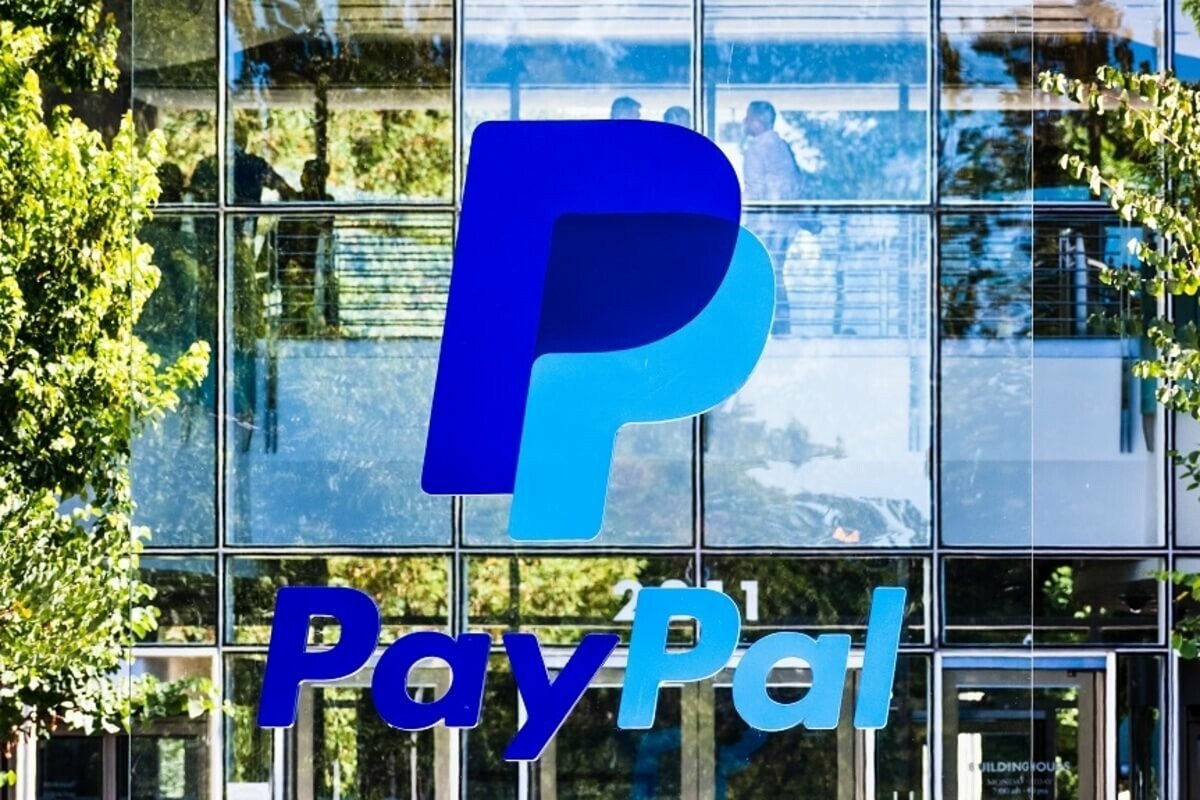PayPal Reveals Massive Cryptocurrency Holdings Totaling $604 Million – Here’s What You Need to Know

Global payment giant PayPal held $604 million of cryptocurrencies for its customers by the end of 2022, with Bitcoin and Ethereum accounting for almost 90% of that figure.
PayPal held $291 million in BTC, $250 million in ETH, and another $63 million in Litecoin and Bitcoin Cash as of December 31, according to its annual report to the U.S. Securities and Exchange Commission (SEC).
The company’s crypto holding of $604 million at the end of 2022 is down from the $690 million the company held as of September. The drop comes amid plunging crypto prices and exacerbating user trust in the industry following the disastrous collapse of cryptocurrency exchange FTX.
The amount of PayPal’s crypto holdings account for 67% of the company’s total financial liabilities, amounting to $902 million as of December 31. As per the filing, the company’s total financial assets stood at more than $25 billion, according to the filing.
PayPal introduced the service allowing U.S.-based customers to buy and sell specific cryptocurrencies in October 2020. The company has since expanded the service to the UK, and plans for more international expansion.
Notably, this marks the first time the payments giant has included a breakdown of its crypto holdings, as its previous annual financial report did not disclose its crypto assets. In the filing, PayPal said they felt the need to include the breakdown of its crypto holdings due to the recent developments in the industry. It wrote:
“Due to the unique risks associated with cryptocurrencies, including technological, legal, and regulatory risks, we recognize a crypto asset safeguarding liability to reflect our obligation to safeguard the crypto assets held for the benefit of our customers.”
PayPal further detailed that they store customers’ digital assets through a third-party custodian. The company noted that it contractually requires the custodian to segregate customer assets and not mix them with proprietary or other assets, adding:
“We cannot be certain that these contractual obligations, even if duly observed by the custodian, will be effective in preventing such assets from being treated as part of the custodian’s estate under bankruptcy or other insolvency law.”
Meanwhile, PayPal CEO Dan Schulman revealed last week that he is leaving the company by the end of the year. Schulman, who will remain a member of PayPal’s board, has been leading the online payments firm since it split from eBay in 2015.
PayPal also had to take some measures to trim costs amid the current global market rout. Just recently, the company said it has reduced its workforce by 7%, or around 2,000 employees, as part of its ongoing effort to “strengthen” and “reshape” in a “challenging macro-economic environment.”




